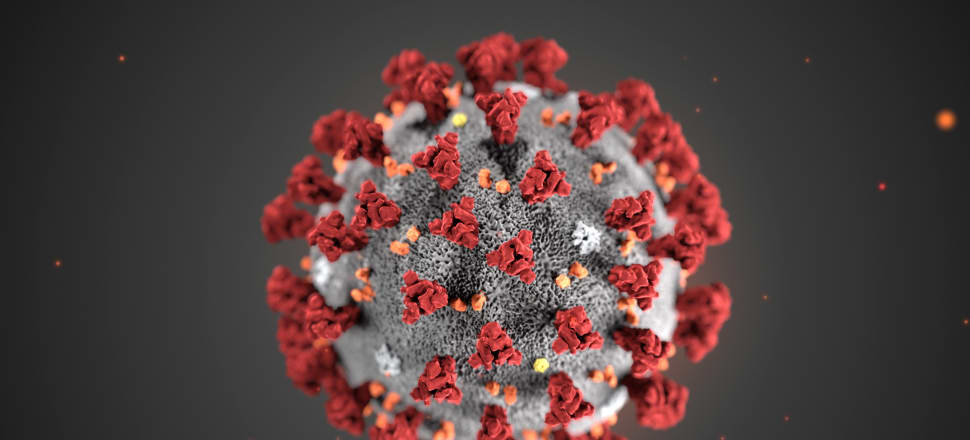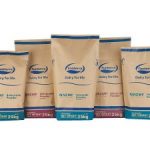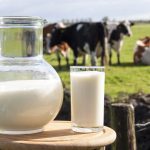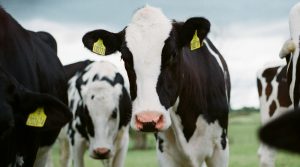
On the one hand the quarantine of a whole region in China is restricting the consumption of food in public restaurants, while an influential Chinese leader is encouraging the Chinese population to eat well to support personal immunity, including eating dairy products.
China is Australia’s biggest export destination for dairy products and last year we sent 245,000 tonnes of product into the country.
About 30 per cent of Australia’s dairy production in terms of volume, goes into China.
Dairy Australia senior analyst Sofia Omstedt said the evidence on impacts from the Corona virus, is largely anecdotal at this stage because there is little data available.
“The ultimate impact depends heavily on how long it takes to get the virus under control.’
She believes there will be an impact on the food service sector because of the number of people no longer eating out.
She also pointed to the most recent global dairy trade auction which fell 4.7 per cent as a result of a market driven decline from buyers worried about the impact of the virus.
But she said there was also some evidence of an increase in demand for specific dairy products.
“Infant formula and specific health products have reported an increase in sales within China.
“A leading medical doctor who is well regarded in China and has the support of the government is encouraging people to protect their immunity through better diet and that has included a recommendation for dairy products,” Ms Omstedt said.
“This could lead to an increase in consumption of dairy products.”
She said the virus could be a mixed bag for the dairy industry.
The Kyvalley Dairy business based in Kyabram, which exports fresh milk into Asia, says they are monitoring the situation and so far there has been minimal impact on their business.
International Bank, Rabobank reports the extent of the impact on Australia’s agricultural sector will be limited in the short-term and will depend on how quickly the virus is contained.
Fonterra New Zealand, managing Director of Co-operative Affairs, Mike Cronin, said Fonterra’s operations have not yet been significantly disrupted by the outbreak of coronavirus, but they were monitoring the situation closely.
“Our scheduling, logistics and delivery activities to all markets are largely operating as normal. We are keeping a close eye on the situation as it develops.
“If there is a sustained drop in consumption in China, for example fewer people eating in restaurants, then that could have an impact on our sales,” Mr Cronin said.
“We’ll be watching GDT results and our Foodservice business over the coming month to get an indication.
“The GDT results last week showed us there is volatility in the market, but it’s too soon the gauge the real impact of coronavirus on demand from one GDT event.”
In a report by the bank’s China-based research team, Rabobank said disruptions were being experienced across the entire food and agriculture supply chain, with the virus disrupting trade, production and supply chains as well as having a significant impact on out-of-home food consumption with the closure of many foodservice outlets.
With the virus outbreak arriving at the peak of 2020 Chinese New Year activities, it has had a large impact on out-of-home dining in the country, the report said.























